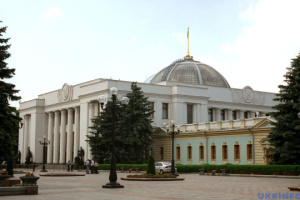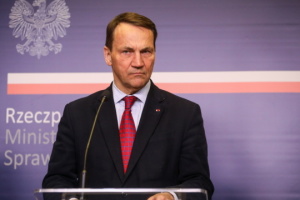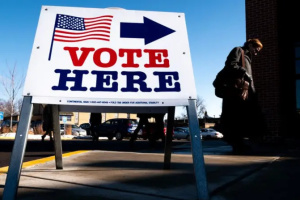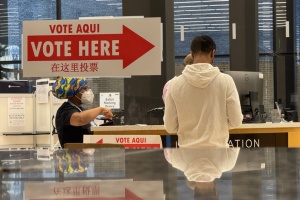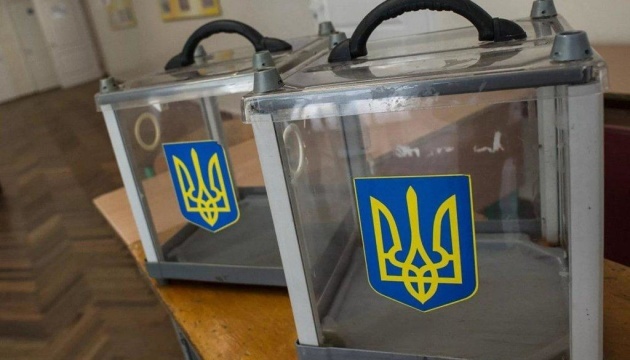
Ukraine's 2019 parliamentary elections: National features and conformity with global trends
Ukrainians have recently voted in presidential elections, which brought a lot of surprises, pleasant and not so pleasant for someone, and are now preparing for early parliamentary elections due to be held soon. Let's sum up what we already know about them.
Expected surprise
Current early parliamentary elections can be called "expectedly unexpected." According to Ukrainian legislation, parliamentary elections in Ukraine are held every five years. The Verkhovna Rada consists of 450 deputies. Half of MPs enter the parliament on the tickets of political parties (a proportional system), whereas the other 225 are elected in single-member constituencies according to a majoritarian system - in one round, that is, by a relative majority of voters. The majoritarian component in Ukraine has wide opportunities for corruption, and various leaders have promised for many years to secure a 100% proportional electoral system with open lists. This was also recorded in the program of winners of the previous 2014 elections. However, it turned out that these were empty promises of populists and other political dodgers. The 2019 elections will be held according to the old, mixed system.
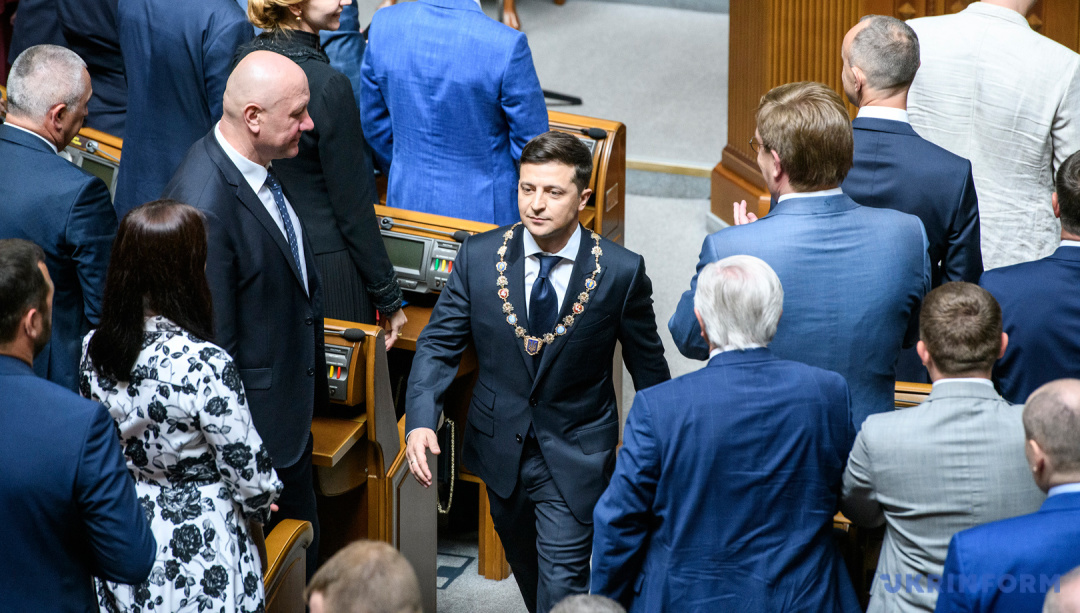
This year's elections were initially scheduled to take place on October 27, but politics has made adjustments. It was rumored during the presidential election campaign that a potential winner of the elections would like to have a "comfortable" parliament as soon as possible and, consequently, a respective government composition. A possible reason for the dissolution of the Verkhovna Rada was the absence of a parliamentary coalition. This, in certain circumstances, gives the president the right to dissolve the parliament. However, this is the right, rather than the duty of the head of state, and the question arose why this had to be done in a situation when the government, the formation of which is the only thing that the coalition must provide, has worked stably, and only a few months were left before regular elections?
Opinions also diverged on the existence or absence of a coalition in the Verkhovna Rada. Ukrainian legislation is contradictory in this regard. Most experts described the dissolution of the Rada and the calling of early elections as unjustified. But President-elect Volodymyr Zelensky stated from the rostrum of the Verkhovna Rada on the day of his inauguration on May 20, 2019, that he would dissolve the Ukrainian parliament of the eighth convocation. A respective presidential decree was published and the process of early parliamentary elections was launched. Later, the lawfulness of such a decree was confirmed by the Constitutional Court, so the elections to the Verkhovna Rada will be held on July 21, not October 27, 2019.
Election players
What do these three months give us? Experts believe that this most likely helps preserve the electoral situation recorded on April 21, the day of the presidential run-off, in which Volodymyr Zelensky defeated Petro Poroshenko by a landslide (73% vs. 24%). What is the situation in mid-summer? The pro-presidential Servant of the People party leads by a wide margin, but there is no repetition of the result of the presidential election. Moreover, the party's rating began to decline from almost 50% at the start of the election campaign. It is hardly possible now to talk about the formation of a one-party majority in the future parliament. After all, the majoritarian part of the elections has its own laws, and little-known representatives of the Servant of the People party will hardly win the elections at more than half of the constituencies (and this is a prerequisite for the formation of a faction with at least 226 seats).
In general, 22 political parties take part in the Ukrainian election. The last party that managed to register in the elections was the Movement of New Forces led by former chairman of Odesa Regional State Administration and former Georgian President Mikheil Saakashvili. The leader of the Movement of New Forces, as well as his party, was accompanied by scandals from the very beginning - the Central Election Commission (CEC) initially refused to register his party, but it was eventually obliged to do so under a court ruling that granted the plaintiff's claim.
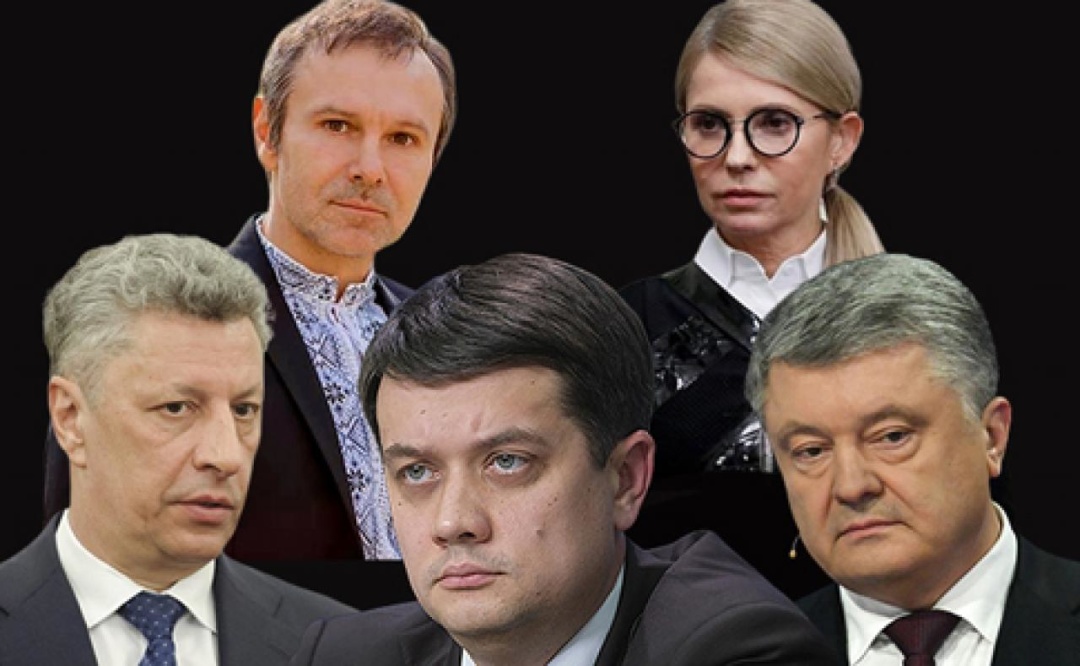
Meanwhile, top five parties in the electoral race, according to various surveys as of early July, looked like this: Servant of the People (a pro-presidential party created from scratch, with the same name as the TV series in which Mr. Zelensky played the role of Ukraine's president and thanks to which it collected so many votes) - 40-45%, Opposition Platform - For Life (a pro-Russian group led by Putin's crony Viktor Medvedchuk, businessman Vadym Rabinovych and Yuriy Boiko, a pillar of the Yanukovych regime against whom accusations of large-scale corruption were brought) - 11-13%, Holos (a party also created from scratch by Ukraine's most popular rock singer Svyatoslav Vakarchuk), European Solidarity (led by former President Petro Poroshenko) and Batkivshchyna (a party led by Yulia Tymoshenko) – 6-10% each. The remaining parties do not gain the 5% needed to enter the Verkhovna Rada. However, some of them still have chances to do so. They include Oleh Liashko's Radical Party, Strength, and Honor led by former SBU Chief Ihor Smeshko, Civil Position led by former Defense Minister Anatoliy Hrytsenko, and Opposition Bloc (a fragment of a joint pro-Russian party). The well-known nationalist party Svoboda led by Oleh Tiahnybok and newly formed Ukrainian Strategy of incumbent Prime Minister Volodymyr Groysman keep theoretical chances of victory as their sociological rating currently stands at about 2%.
Little-known political parties such as Fakel All-Ukrainian Association or Nezalezhnist, etc., are likely to take part in the elections solely for the purpose of taking away votes from other parties. Unfortunately, this is still a typical Ukrainian election technology.
It should be added that Opposition Platform - For Life is the only party out of the five leaders to declare openly pro-Russian ideas and not to support Ukraine's EU and NATO membership prospects.
As for Ukrainian pro-European political parties such as Holos, European Solidarity, Samopomich, Civil Position, Power of the People, Ukrainian Strategy of Groysman and several less well-known parties, not all of them are capable of overcoming the 5% barrier. It seems that there were no attempts between them to reach an agreement and not to fight each other in favor of principled opponents. Why do they all participate in this guaranteed loss? Here it is worth mentioning the first manifestation of the Ukrainian tradition of dispersal of forces around the central idea of Ukraine's development. It was in 1998 that Ukraine, for the second time in its independence, elected its own parliament according to new electoral legislation under the so-called mixed system. The most fierce struggle then unfolded not between opposing parties but between the parties with the closest ideological and program principles. They all fought hard on one electoral field. For example, the People's Movement opposed the National Front. As a result, the latter did not even overcome the election barrier, and a majority in the parliament was formed by representatives of various circles that acted in the interests of entities that financed their election campaign. By the way, lawyer Viktor Medvedchuk then became a people's deputy of Ukraine for the first time...
Today, only the Svoboda All-Ukrainian Association managed to unite almost all of the conservative and nationalist forces around itself, including the Right Sector and the National Corps. However, their party list has few chances in present-day Ukraine.
Threats of "new" and "old" faces
The key issue of the current Ukrainian election is the level of competence and integrity of the new elites that will soon come to parliament. Representatives of the Servant of the People party have repeatedly and unequivocally reproached the previous president, Petro Poroshenko, for the lack of transparency and secrecy of his policies. However, the course of the parliamentary campaign, facts published by the media cause public anxiety as little has changed in the selection of candidates for people's deputies. And this is the case with almost all the parties participating in the elections. It cannot be said that there is no reaction from the campaign headquarters of parties to criticism - a few "bad-quality" candidates were withdrawn from the lists prior to their registration by the CEC. This process is ongoing and applies not only to party lists but also to candidates running as self-nominees in 203 single-member districts (this figure is lower than 225 because elections are not held at constituencies in the occupied Crimea and Donbas). But nobody will say now how many "dark horses" are still there, given a closed selection procedure.

One of the features of the current parliamentary elections in Ukraine is the participation, or attempts to participate, of many people with a fully compromised reputation, to put it mildly. These are mostly politicians who worked under the presidency of Viktor Yanukovych, which is known to have ended with the Revolution of Dignity and the Russian-Ukrainian war. Political runaways are coming to Ukraine from all over the world. However, Ukrainians are not too happy about their return and would prefer to see these people in the dock rather than in the session hall of the Verkhovna Rada. The registration by the CEC at the request of the Supreme Court of Ukraine of former Head of the Presidential Administration Andriy Kliuyev and odious videoblogger Anatoliy Sharij triggered not only a violently negative reaction among the Ukrainian Internet community but also protests staged by indignant citizens.
It seems that the Ukrainian judicial system tests Ukrainian society on psychological strength every day. And the active part of society reacts and even achieves what it seeks. As for Kliuyev and Sharij, the Ukrainian Interior Ministry and the Prosecutor General's Office, on the next day after a protest staged on Independence Square in Kyiv, provided documents saying that the two did not live in Ukraine permanently for the past five years, and therefore, according to the law, they have no right to stand for parliament. On the evening of the same day, the CEC reviewed its decision and canceled Kliuyev's and Sharij's registration as parliamentary candidates.
Election results
According to the law, the CEC announces the official results of parliamentary elections no later than two weeks after the vote. Therefore, the Verkhovna Rada of the ninth convocation can hold its first session in late August.
The 2019 parliamentary elections in Ukraine, as well as presidential polls, show the same trends that have been observed recently not only in Ukraine but also throughout the world: the growth of populism, political tackiness, a profanation of ideas and values of democracy, and the impact of digital technology, which greatly enhances the manipulative factor. On the other hand, there is growing demand for skilled, efficient and mobile power, which amid political turbulence in the world and in interaction with society will be able to withstand not only old challenges but also new ones.
Finally, the crisis of leadership in a democratic society is seen not only in the West but also in Ukraine. So any crisis is not eternal.
Svitlana Shevtsova, Kyiv

